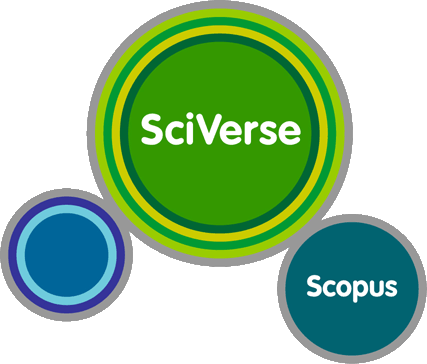Join us for an opportunity to engage with journal editors from two of the eminent journals in media, communication and journalism studies, but covering content that will be of interest of scholars across the university.
Folker Hanusch, editor in Chief of Journalism Studies.
Emily Keightley, editor of Media, Culture and Society.
Our speakers will share their insights, tips, and best practices on navigating the world of academic publishing including:
– how to interpret journal aims and scope.
– choosing the right journal for your article.
– effective approaches for addressing reviewers’ comments.
– managing rejections and resubmissions.
Whether you’re a seasoned researcher or an emerging scholar, this event promises to be a valuable platform for learning about the editorial process, and gaining insider perspectives on crafting impactful scholarly contributions. On registering, please send us your questions for the editors in advance, and they will do their best to cover them in the session.
Tuesday 19th November at 3pm.
Please register in advance, here: https://bournemouth-ac-uk.zoom.us/meeting/register/tZEkd-ioqTMuGN31lwPbjfBcSrzdDsw5oDIn












 Missing Persons Indicator Project Recruitment
Missing Persons Indicator Project Recruitment Celebrating our Research: Postgraduate Research Showcase 2026
Celebrating our Research: Postgraduate Research Showcase 2026 Nursing Research REF Impact in Nepal
Nursing Research REF Impact in Nepal Fourth INRC Symposium: From Clinical Applications to Neuro-Inspired Computation
Fourth INRC Symposium: From Clinical Applications to Neuro-Inspired Computation ESRC Festival of Social Science 2025 – Reflecting back and looking ahead to 2026
ESRC Festival of Social Science 2025 – Reflecting back and looking ahead to 2026 3C Event: Research Culture, Community & Cookies – Tuesday 13 January 10-11am
3C Event: Research Culture, Community & Cookies – Tuesday 13 January 10-11am ECR Funding Open Call: Research Culture & Community Grant – Application Deadline Friday 12 December
ECR Funding Open Call: Research Culture & Community Grant – Application Deadline Friday 12 December MSCA Postdoctoral Fellowships 2025 Call
MSCA Postdoctoral Fellowships 2025 Call ERC Advanced Grant 2025 Webinar
ERC Advanced Grant 2025 Webinar Horizon Europe Work Programme 2025 Published
Horizon Europe Work Programme 2025 Published Update on UKRO services
Update on UKRO services European research project exploring use of ‘virtual twins’ to better manage metabolic associated fatty liver disease
European research project exploring use of ‘virtual twins’ to better manage metabolic associated fatty liver disease